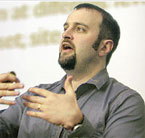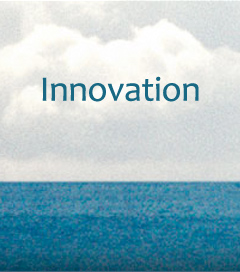Education | TVNZ
6 September 2019
One of New Zealand’s smartest teenagers is headed to the prestigious US university Stanford, in California. After Yang Fan Yun, 18, won the Prime Minister’s Award for the person who gets the highest marks…
Business | Australian Financial Review (The)
3 September 2013
“As to why the New Zealanders beat Australia to a market that could – arguably should – have been ours, the story is complex, ranging from chutzpah to lost opportunities and marketing failures…
Science/Tech | The Honolulu Advertiser
15 November 2009
New Zealand may have been settled by sea-faring Hawaiians according to a new study of Polynesian canoe designs by Stanford University. The idea that ancient Hawaiians could have made the 4,400-mile journey south shouldn’t surprise anyone familiar…
Politics and Economics | Stanford.edu
28 June 2005
NZ born lecturer of economics at Stanford University, John McMillan, believes that the obsession NZ politicians have with raising the country’s per capita income to equal that of Australia is a waste of time. “Any cross-country comparison…
Education | Age (The)
22 June 2004
Waikato University graduate Craig Nevill-Manning is Director, New York & Senior Staff Research Scientist for the world’s leading search engine company, Google. Nevill-Manning completed a PhD in computer science at Waikato before taking up a post-doctoral fellowship…
Obituaries | Stanford.edu
12 March 2004
A Stanford University obituary paid tribute to Susan Okin, the Auckland-born author, lecturer, and activist described by a Stanford University colleague as “perhaps the best feminist political philosopher in the world.” The author of three acclaimed books – Women…
Science/Tech | Nature | Sydney Morning Herald (The)
1 December 2003
Evolutionary biologists at Auckland University have made ivory tower headlines by providing compelling evidence of the origins of the Indo-European language family. Associate Professor Russell Gray and PhD student Quentin Atkinson applied a complex computer program modelled…
Science/Tech | The North Bay Business Journal
2 October 2000
Synapse TAP, the alternative computer input system designed by Kiwi Neil Scott of Stanford, doesn’t just allow disabled workers to perform jobs: TAP’s voice and gesture-guided system gives users a edge over their able-bodied counterparts.












